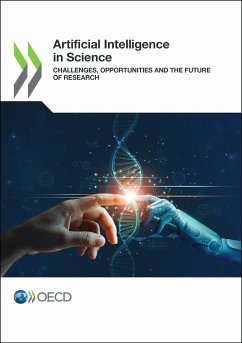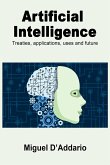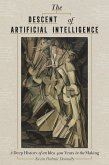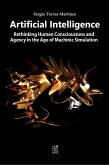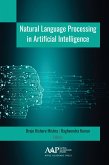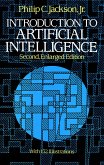This publication is aimed at a broad readership, including policy makers, the public, and stakeholders in all areas of science. It is written in non-technical language and gathers the perspectives of prominent researchers and practitioners. The book examines various topics, including the current, emerging, and potential future uses of AI in science, where progress is needed to better serve scientific advancements, and changes in scientific productivity.
Additionally, it explores measures to expedite the integration of AI into research in developing countries.
A distinctive contribution is the book's examination of policies for AI in science. Policy makers and actors across research systems can do much to deepen AI's use in science, magnifying its positive effects, while adapting to the fast-changing implications of AI for research governance.
ABOUT THE AUTHOR
Alistair Nolan is a Senior Policy Analyst in the OECD's Directorate for Science, Technology and Innovation. Prior to the OECD, Mr. Nolan led a range of industry-related analytic and technical assistance projects with the United Nations. Over a number of years at the OECD Alistair has been involved in work on skills and education assessment, entrepreneurship, private sector development and policy evaluation. Alistair is currently coordinating various streams of OECD work on artificial intelligence, and is overseeing the work on AI diffusion under the AI-WIPS project. Mr. Nolan oversaw preparation of the 2017 publication "The Next Production Revolution: Implications for Governments and Business", which examines a variety of emerging technologies, their impacts and policy implications, and which was referenced at the start of the 2017 G7 Taormina Action Plan. Mr. Nolan led work on 2020 publication "The Digitalisation of Science, Technology and Innovation : Key Developments and Policies", which among other topics addresses the role of AI in advanced production.
Dieser Download kann aus rechtlichen Gründen nur mit Rechnungsadresse in A, B, CY, D, EW, E, FIN, F, GR, IRL, I, L, M, NL, P, SLO, SK ausgeliefert werden.

